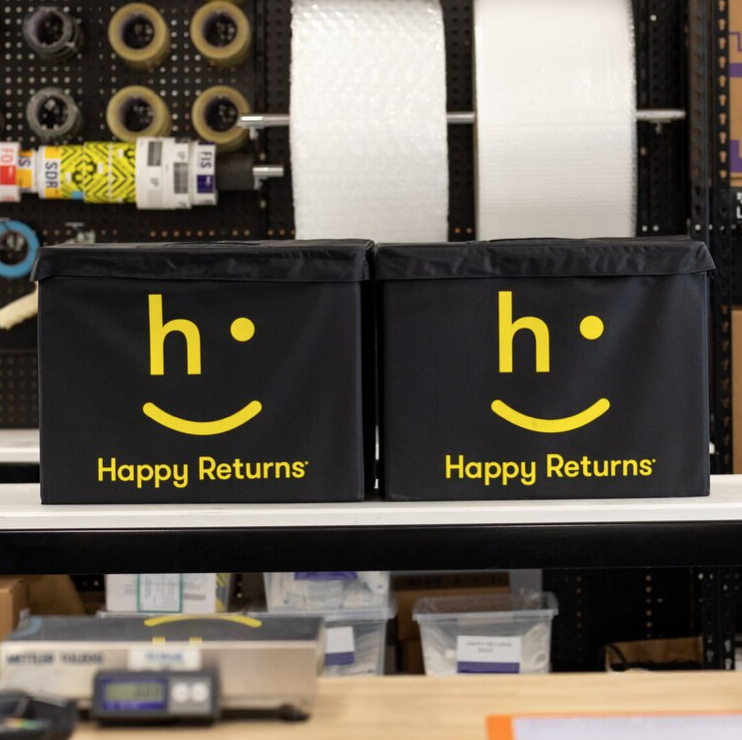Happy Returns looks to expand reverse logistics platform after PayPal acquisition
Deal to buy product returns startup comes amid rising demand for retail services during pandemic e-commerce jump.

Reverse logistics solution provider Happy Returns got powerful new backing today when it was acquired by the peer-to-peer digital finance pioneer PayPal, gaining a springboard for its retail product returns platform during an era of hot e-commerce growth, the firms said.
Terms of the deal were not disclosed.
Six-year-old Happy Returns plans to leverage the strength of its new corporate parent to improve its platform and expand its footprint. The Santa Monica, California-based firm provides returns software and reverse logistics services to retailers, supporting “box-free, in-person return drop-off” through a network of 2,600 drop-off locations in over 1,200 metro areas throughout the U.S.
At the same time, the acquisition will allow San Jose, California-based PayPal to extend its commerce platform beyond discovery and payments to the post-purchase experience, the companies said.
The move comes at a time when shoppers have been sheltering at home during the pandemic, driving a swell of online commerce and a corresponding leap in returns. Happy Returns has been in expansion mode throughout that time, announcing deals in 2020 to offer its return service at more than 2,000 FedEx Office locations and to integrate returns with the 3PL Ingram Micro Commerce & Lifecycle Services.
Related Articles
Copyright ©2024. All Rights ReservedDesign, CMS, Hosting & Web Development :: ePublishing